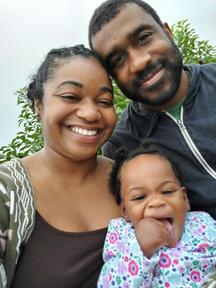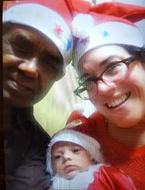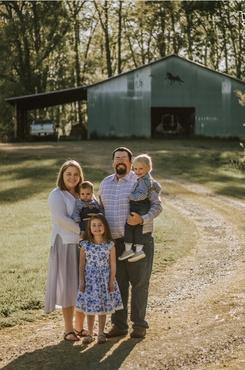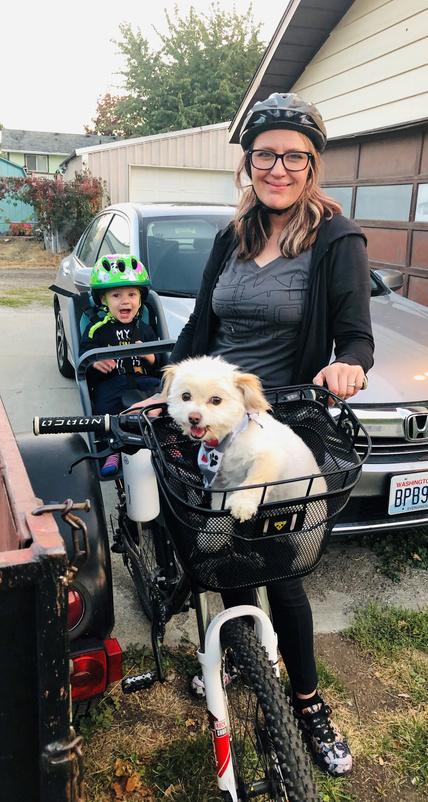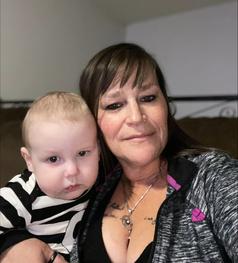Strengthening


America's Families Act: Family Stories on the Need to Transform the Child Welfare System
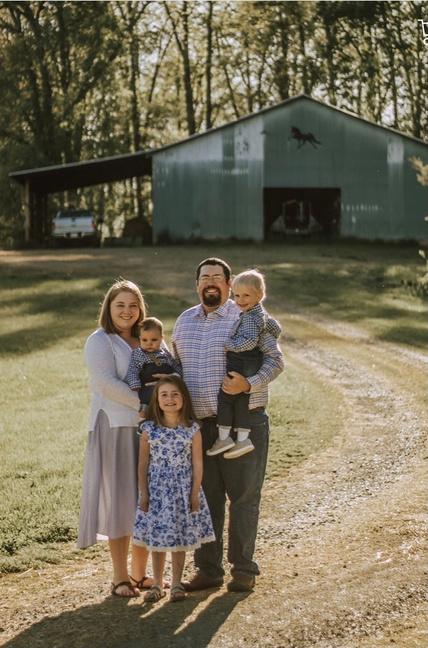
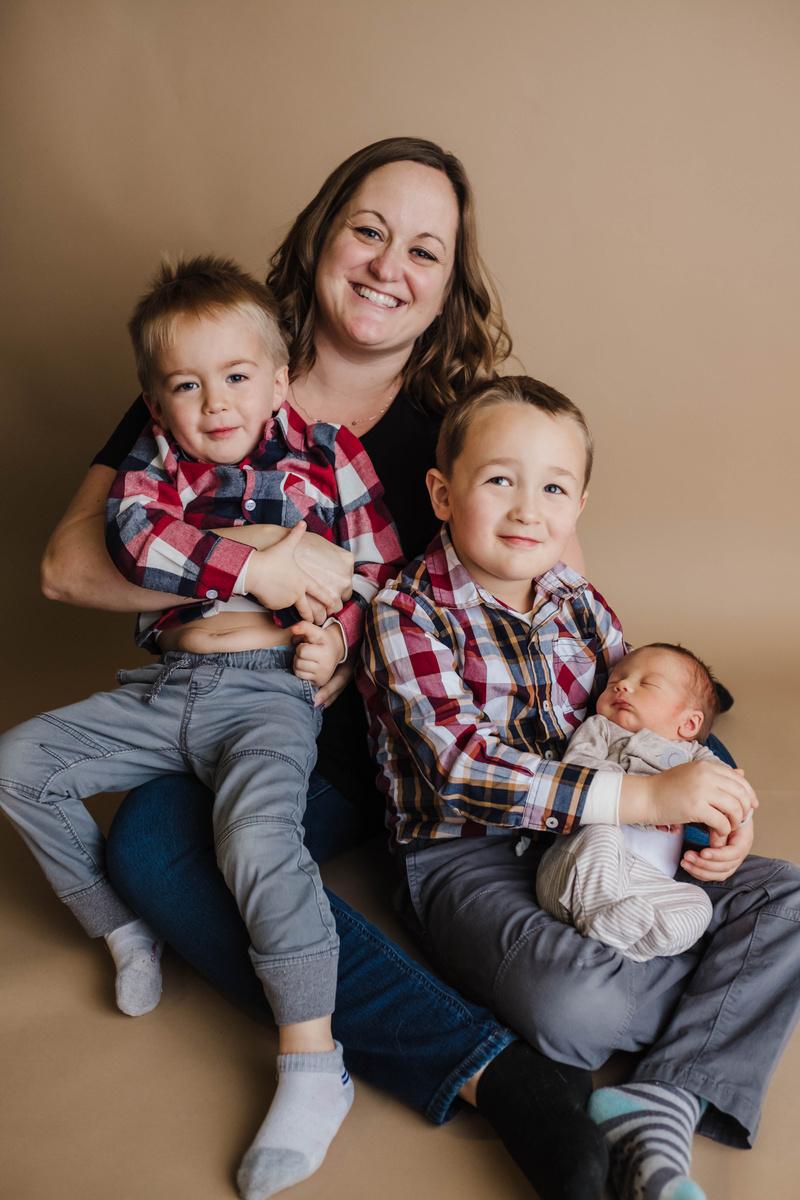
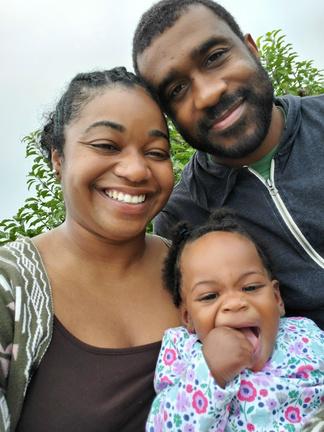
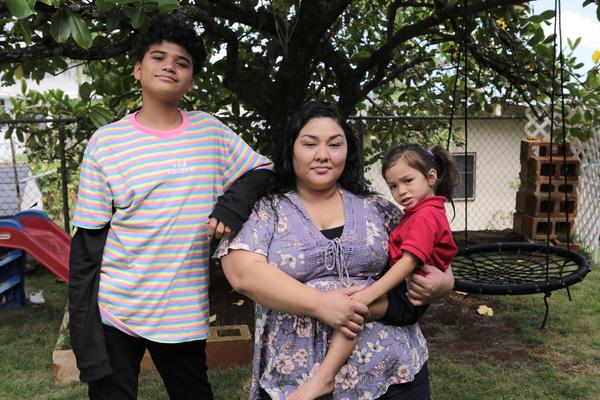
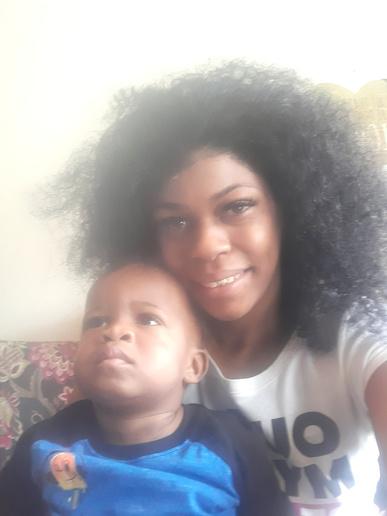

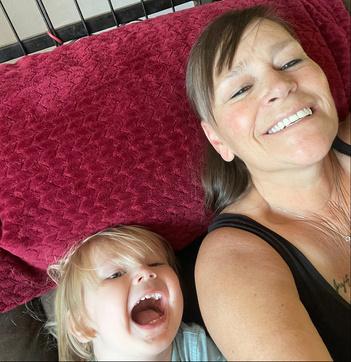













Families with very young children are telling their stories to help policymakers understand challenges that, without community supports, can lead to involvement in the child welfare system—and proven program and policy solutions can make all the difference. Infants, toddlers, and families need Congress to Think Babies and Act!™ and pass the bipartisan Strengthening America’s Families Act.
A baby’s beginning lays the foundation for all to come. The period of most rapid brain development occurs between the ages of 0 and 3, making these first few years pivotal for all later learning and development Early experiences shape whether this foundation is strong or fragile Yet, many of today's families with very young children carry an overbearing load from the weight of poverty, past trauma, domestic violence, substance use, and mental health issues or other challenges. For some, these trials can lead to involvement in a child welfare system not attuned to the needs of babies and families.
Unlike the staus quo, the system of care promoted by the Strengthening America's Families Act gets to the roots of challenges faced by families with young children— and supports the unique developmental needs of babies.
Every family who shares their story here wants to give their child a strong start in life, but eventually became overburdened by challenges and involved in some capacity with the child welfare system. These families are not alone. Families across the country are facing complex issues, including the trauma associated with a broader child welfare system that does not account for their special circumstances or the unique developmental needs of infants and toddlers
The consequences are serious. Infants and toddlers aged 0 to 3, experience the highest rates of abuse and neglect and comprises onethird of foster care entries more than any other age group

The Strengthening America's Families Act solidifies the infant-toddler court team approach which is informed by the science of early childhood development and the impacts of trauma. During a child's first three years of life, the brain undergoes the most rapid development in their lifetime. The greatest opportunity to influence a child's success is during these critical years. Young children thrive when they have regular interactions with responsive, caring adults, in a safe and nurturing environment. Yet, many families continue to face challenges, often stemming from economic insecurity, material hardship, and other stressful experiences such as mental health issues or substance use. These types of challenges that accompany chronic stress can become toxic to a baby's developing brain.
Very young children can be tremendously affected by trauma, not only from such adverse experiences as maltreatment but also from their experiences in the child welfare system. The damaging impacts of trauma can be magnified when young children are removed from the care of their parent or caregiver, or when they do not receive the developmental and mental health services that would improve the outlook for their future well-being. When childhood trauma remains unaddressed, it leaves scars carried into adulthood, affecting health, mental health, and even how we parent
We know what babies need: Young children thrive best when surrounded by responsive and caring adults their families and caregivers. When babies have nurturing relationships, positive early learning experiences, and good health and nutrition, the neural connections in their brains are stimulated and strengthened, laying a strong foundation for the rest of their lives. Because the developing brain is plastic, appropriate interventions and nurturing care can help repair weaknesses from early adverse experiences. And families also thrive when parents and other caregivers are supported in overcoming the challenges in their lives and are empowered to nurture their children’s development and well-being.

Once they became involved in the child welfare system, the families in these stories had very different experiences. Some found their cases handled in unfocused, dehumanizing ways. Others felt they lucked into services that helped them move forward. And some became part of Infant-Toddler Court Teams, an approach tailored to their individual needs that wraps a family team around them to ensure support for both families and their children. The Strengthening America's Families Act would solidify this approach nationwide, ensuring that more babies and families in contact with the child welfare system have the opportunity to thrive.
Attune child welfare and family services to babies’ rapid development, expediting both case reviews and access to services with the result that permanency is achieved faster and with lasting results.
Address multigenerational trauma and family needs holistically so parents are empowered to lay positive foundations for their young children, helping ensure that maltreatment reoccurs in less than one percent of cases.
Integrate services in order to change how the community functions for families, creating the structure needed to wrap services around families with complex needs to prevent them from entering the child welfare system.
Through this thoughtful and proven approach, Infant-Toddler Court Teams help states and communities transform how they work with families in or at risk of entering the child welfare system. The Strengthening America’s Families Act would provide authorization for this work, which has already commenced under the Health Resources and Services Administration with special project funds.
Studies have found that children supported by Infant-Toddler Court Teams exit the child welfare system 6-8 months sooner than children in the general foster care population.
Babies and families need Infant-Toddler Court Teams authorized by the Strengthening America's Families Act.
Too often in the child welfare system, critical support and treatment are only made available to a family after they are in crisis or are reported for child abuse or neglect. Through intentional planning, we have a shared responsibility to focus on the unique needs of babies and their families and connect them to the support and services they need to lessen their risk and need for the child welfare system. Expedited services can ensure appropriate and effective treatment for families who do enter the system, minimizing trauma for infants, toddlers, and their families.
Heather C. Parent Spokane, WALike so many families living with low income, Heather battled to care for her young children Ultimately, the stress of unmet needs and lack of support affected her mental health and led her to substance use. Without the support of an InfantToddler Court Team, Heather was caught in a system of services that focused on separation. In Heather's words:
“We encountered homelessness, food insecurity, and separation of our family through child welfare involvement. There were no services that included the option for my large family to stay together. I had to give up my subsidized housing to go to treatment. I had to choose between my children and staying in treatment. I’ve had to leave affordable housing programs to reunify with my children. These are examples of the dehumanizing choices that parents are forced to make in the child welfare system. I wonder how different it could have been for me and my older children if we had an Infant-Toddler Court to help us connect to what we truly needed early on instead of separating us ”
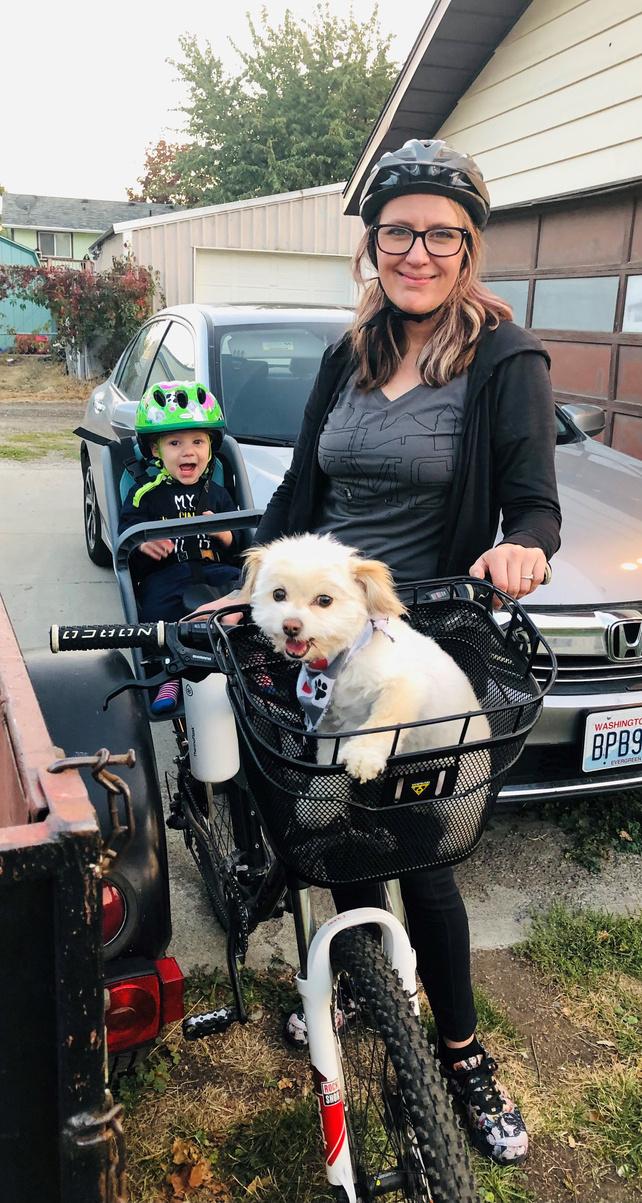
Alexa is a licensed social worker and foster, or “resource,” mother. The children that she serves do not have access to Infant-Toddler Court Teams. She would like to see a child welfare system that acts preemptively to prevent the trauma and neglect that lands babies in her care. In Alexa’s words:
“We need to stop waiting to intervene until the children's lives are at risk. We need to act now and provide services early on to prevent abuse and neglect so toddlers don't need mental health therapy to overcome the trauma they've experienced. We need to stop the cycle of families having children removed and placed in foster care and allow them to be safely raised with their biological families whenever possible ”
Lyssa and her husband have one daughter and served as foster parents to her cousins since 2019, adopting them in 2021. When their boys were in the foster care system, without involvement with Infant-Toddler Court Teams, Lyssa was continually frustrated at trying to access the services they needed In Lyssa’s words:
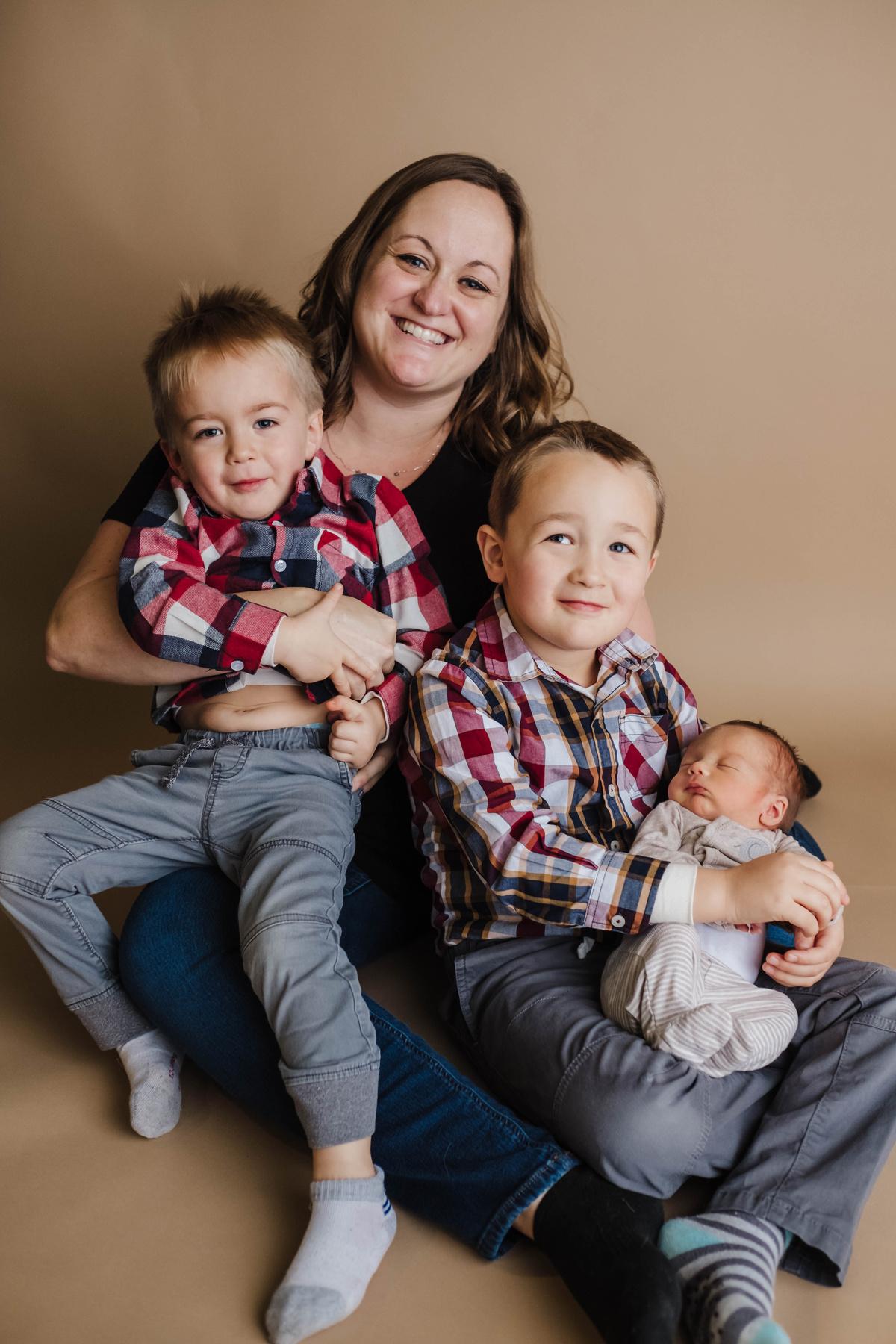
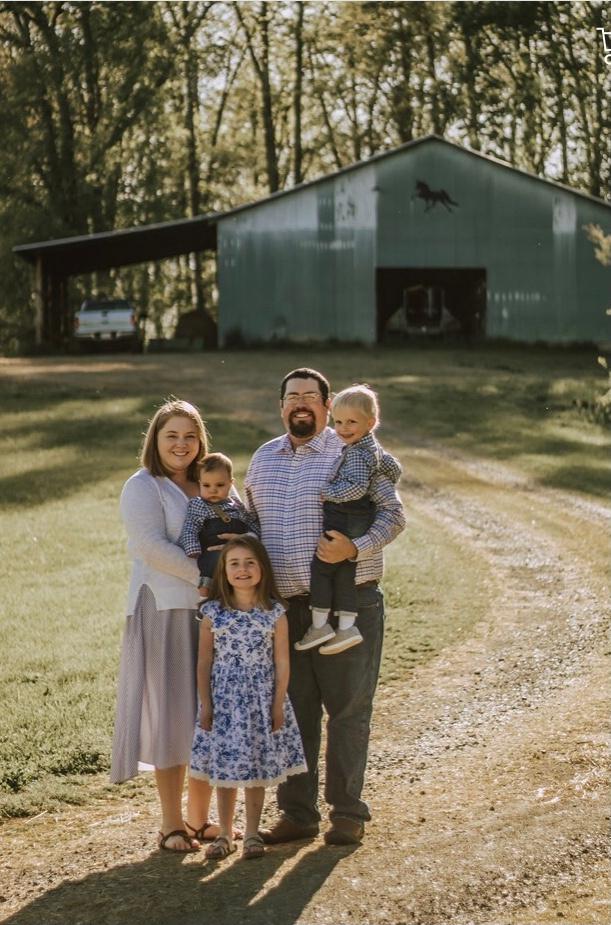
“We were offered WIC for our foster son, but due to the exorbitant amount of time required to attend appointments, time-wise we could not afford to attend WIC appointments. Another eye-opening experience was the difficulty in finding mental health providers that take BlueCare, that have availability and are in driving distance. I was a huge advocate for my two foster sons to receive the behavioral and mental health services they needed. It was challenging at times to even know who to talk to or having to wait months for an appointment."


The Public Health Division of the St. Louis County Department of Public Health & Human Services (DPHHS) is implementing Infant-Toddler Court Teams in two different communities Duluth and Virginia. These teams are housed within the DPHHS, providing a direct connection to the prevention services and community supports offered by the department.

The community coordinator in Virginia participates in an advisory group that also includes a substance abuse counselor, a public health nurse, and a child protection representative Each month, this group reviews reports made to child protection alleging prenatal exposure to nonmedical/illicit drugs and alcohol. The review prompts a response by public health, rather than child welfare. A nurse visits the families and completes an assessment, offering education, encouraging the parents to obtain treatment, and connecting parents to public health programs.
The Duluth team offers what they refer to as “safe babies support” by becoming involved with families after they have had an encounter with child welfare but before the court orders foster care services. In such circumstances, the Community Coordinator facilitates biweekly family team meetings and the provision of up to 90 days of voluntary services for participating families. In some cases, the families agree to a voluntary placement, while in others the children remain at home. For children placed in out-of-home care, the Community Coordinator facilitates frequent parent-child contact. Should there still be concerns after 90 days and court intervention deemed necessary the Community Coordinator's already
Rashell, a home visitor, worked with despite the mother telling her child the bathtub, the caseworker directe showed up for a scheduled home v happened with the caseworker, Ras documentation or any kind of form who had just been licensed as a fos support from a chaotic system, Ras their birth family She subsequently adopted them In Rashell s words:

“Shortly after I brought her home, my daughter had an ear infection. I was never informed that she was allergic to the penicillin her doctor prescribed. She started to develop hives, and soon I feared she would have breathing problems. I rushed her to the hospital emergency room (ER). I called the social worker several times; I called her parents’ phones which were out of order. I cried hysterically and told the doctor I couldn’t give them any information or give them permission to treat her because I had no rights. He ended up having to wake up the judge (she was NOT impressed or pleased), who granted me medical rights for that visit. Think about not being able to help your child get the care [they] need, let alone being a new parent. This could have been fatal if I had waited to get an answer at home instead of rushing her to the ER.
“My children needed services, but in the end, the welfare system workers were not helpful, nor did they recommend or refer services. The children received the services that I personally sought out for them. I found parent education for myself in my home, and I got the children evaluated on my own time. I even had WIC changed over in their names without the help of the worker It’s a challenging system of services I am looking for mental health support for my son, but I still have not been able to get him the play therapy he needs If the adults in these children's lives cannot work together, there is a big chance the children will fall through the cracks and miss NEEDED services.”
 Rashell A. Resource Caregiver and Adoptive Parent Oelwein, IA
Rashell A. Resource Caregiver and Adoptive Parent Oelwein, IA
A safe, stable, and nurturing relationship with a caregiver in infancy and toddlerhood builds a strong emotional foundation for all learning and relationships to come. When children are removed from the home and placed in foster care, they not only lose their caregiver but often experience multiple placement changes that can further disrupt their attachment relationships. The lack of a stable relationship and frequent changes in caregivers can mean babies lose their ability to trust, requiring special therapy to repair the damage. Without timely access to appropriate supports and services, these early experiences can jeopardize children’s long-term social, behavioral, mental, and physical health outcomes. Infant-Toddler Court Teams are attuned to these unique needs and promote supports to prevent removal. Where foster placement is necessary, Infant-Toddler Court Teams offer placements with family members or resource families who help mentor parents pre-removal conferences frequent visitation and comprehensive services to promo
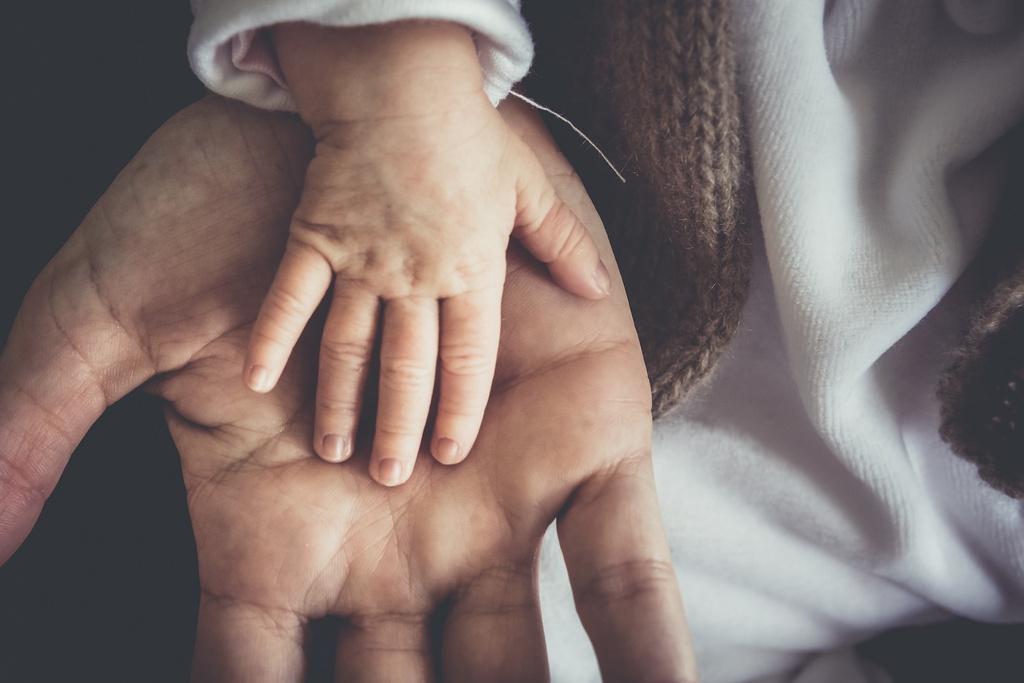
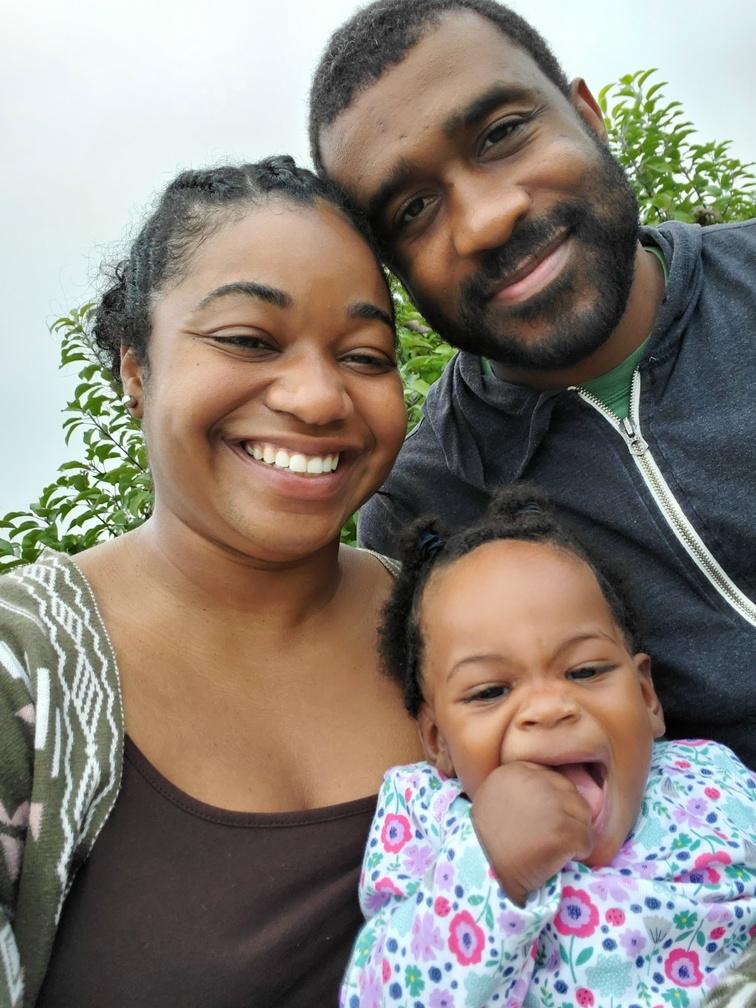 Makeda F.
Makeda F.

When Makeda’s niece was born, she entered the child welfare system. But Makeda describes her family's interactions with the Department of Children and Families (DCF) as “traumatic” for them—and for Darla—until they accessed an Infant-Toddler Court Team program. In Makeda’s words:
“We made it clear to DCF that Darla would always have an option to reside with someone in our [extended] family. But workers made damaging and racist assumptions about us that threatened Darla’s well-being and took her out of my family’s care
“When Darla finally came to live with us, we noticed that she had been deeply affected by all of the abrupt placement changes. Darla struggles to be away from us, even in the company of our close extended family. I once took her to visit with her mother and wore a mask for COVID protection. For an hour, Darla could hear my voice but couldn’t see my face. After that visit, it took her a full week before she could be calm outside of my arms. It was difficult to watch her trauma manifest and it was tough to maintain our normal lives while working with Darla to become more settled and secure. Although this still requires work at times, she has blossomed We have been especially supported by the Safe Babies Court Team (an Infant-Toddler-Court Team), once we were able to establish a connection with them. Safe Babies truly understood the mental health issues that we were seeing in Darla and offered a number of supports to our family.”
Did you know?
Frequent visitation is important to babies. Maintaining a strong relationship with a safe and stable caregiver is critical to the healthy development of young children, and these attachments help form the foundation for a child’s social, emotional, and cognitive development later in life.
sha F. mer Foster Child and Parent nt-Toddler Court Team Involvement Lauderdale, FL
ha lived in the foster care system as a d, essentially working for her foster ily. She was turned out of the system at without the skills or support she needed et a job or live on her own. When her her passed away, she turned to drugs alcohol. In Felisha’s words:
the third day in the hospital with Amaru, I t to visit him in the NICU and he was gone one even told me! I guess they didn’t think I ld care. There were people in the system failed me, but then I got connected to [an nt-Toddler Court Team]. I got into intensive for my rehab and got clean. I had regular tings and visits with Amaru. I took apeutic parenting classes. I met with the e and my team, and I had lots of drug tests.
caseworker and my child advocate taught a lot and really helped me grow. Everyone uld have advocates who understand the experience in foster care. Also, they kept me with supplies for my baby such as diapers and formula If my WIC ran out, they always kept me on track to get me up to date with everything They made me want to keep fighting Everything they did made me feel like it was sincere from the heart, and I really appreciate no one gave up on me. The program taught me and it made me stronger and the woman who I am today, with full custody of my son.”

Challenged with a substance use disorder, Kimberly worked to create a multigenerational system of support for her two children while navigating through the system. Kimberly talks about how services can help parents be more active participants in their children's lives. In Kimberly’s words:
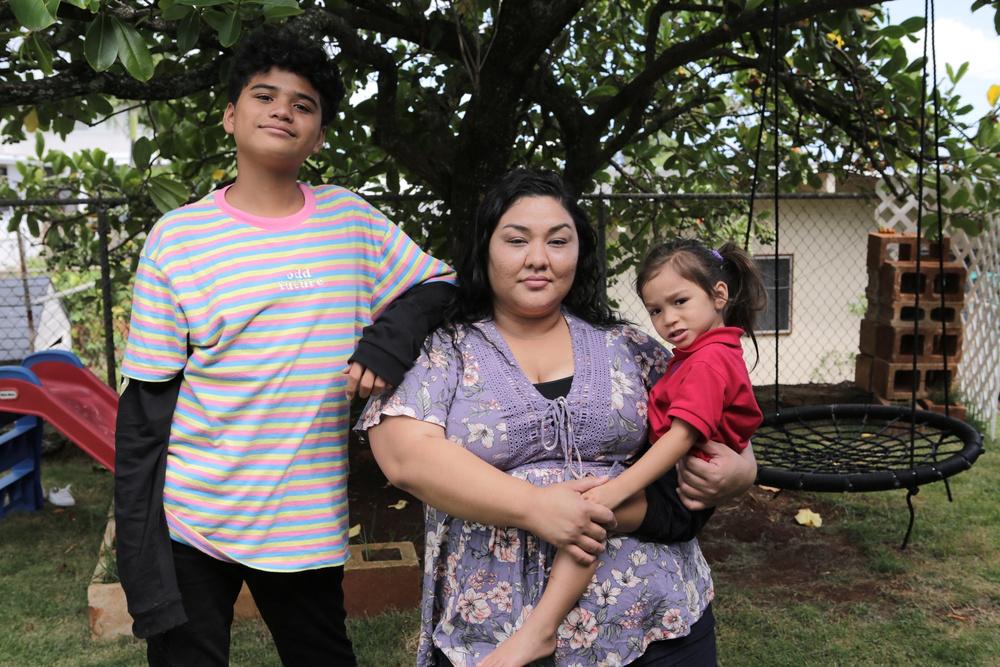
“When my children were in care, a lot of people were making decisions about them (their doctors, which school districts they were attending, their routine) and that’s what I enjoy most about my role as a parent. I love being able to take my son back-to-school shopping, helping him choose which barbershop he’s getting his haircut from, going to Parent Nights, and being an active participant in my parent role.
"I consider myself a lifelong learner of how to be a better parent. The child welfare services I experienced, including what we know Infant-Toddler Courts provide, gave me a sense of what that could look like. There are classes and training that I was able to attend to become more aware of my role as an active parent and what I can provide for my children. It’s important to understand my children, the differences in their temperaments, and how to be flexible in helping to meet my children where they are.”

Successful approaches respect parents and families, who want to be the best for their children, by working with them as valued partners in determining their course to reach stability. Many parents have experienced their own trauma in childhood and as adults, are still affected by that trauma.
Infant-Toddler Court Teams focus on parents’ needs and offer support which recognizes that while the journey to healing and resilience is not an easy one, it is possible to break what is often an intergenerational cycle of trauma rooted in systemic inequities. Infant-Toddler Court Teams promote better connections between families and the traditional key partners of the child welfare system: judges, attorneys, and child welfare workers. Parent mentors who have successfully navigated that journey are also involved as sources of strength to other parents working toward this goal.
The Strengthening America’s Families Act helps prioritize Infant-Toddler Court Teams in communities to connect families to the support and services they need inside and outside of the child welfare system. This includes providing implementation support and tailored technical assistance for states and sites to build their capacity to address the unique and individual needs at the community and family level.
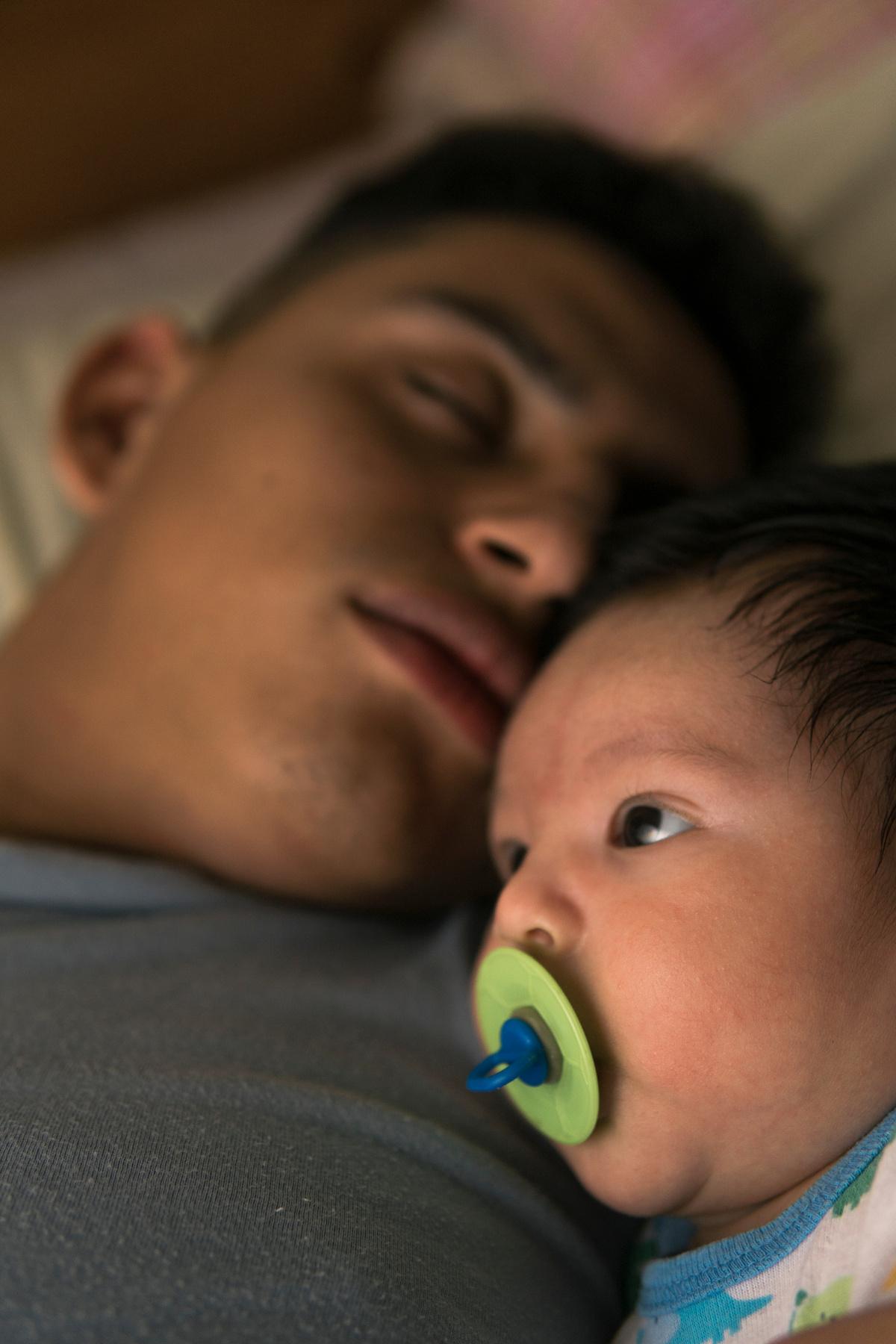
Jenette’s mother, who was a tremendous support in her life, passed away just before Jenette became pregnant. After her son’s birth, Jenette was hospitalized for postpartum depression and Vairat was removed from her care In Jenette’s words:
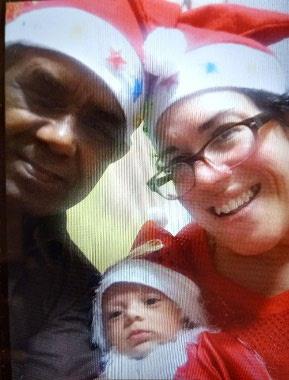
“When I went to Family Court, it felt like a battleground very adversarial and confusing. People who did not know me were talking about me and my ability to care for my child. Eventually, I was given the option of utilizing Strong Starts (an Infant-Toddler Court Program). Strong Starts was aware of both my disabilities (autism and cerebral palsy) and circumstances and was able to connect me with programs that suited our needs best. I worked with a team of people, including a judge, who grew to understand me and communicated honestly with me There were never any surprises. I never felt alone and always felt supported.”

“We luc Service counse my fam should suppor

Victoria describes one foster mother and team who made an incredible difference for her family. But too often, families with young children in the child welfare system feel as though they are not part of the team making decisions for their family and are not connected to services and supports in a thoughtful way. Infant-Toddler Court Teams, on the other hand, create a team to support everyone involved. Resource caregivers are included with families, developmental specialists, and others as part of a team serving the young children in their care. Together, they work to offer the best support to the children in their care and build their expertise over time. As Victoria says, this kind of care should not be a matter of luck. The Strengthening America’s Families Act would help ensure that skilled care and coordinated team support are a central, intentional part of the approach to working with young children in the child welfare system.

Did you know?
Rates of developmental delay for children in foster care are much higher than those found in the general population. Early identification of developmental delays and participation in early intervention services are critical during the rapid growth period that babies experience during their first three years.
going through a successful and perfect program to know that nobody was going to take my kids again. As the saying goes: 'Your worst day being clean is better than your best day being high.’
"After those first six months, everything started falling into place: I had a job, an apartment, a car, and my kids. Everything started to stick, and that is what changed for me. I began starting to like the life that I was living, all of it in order to be a part of my children's lives.
"My children benefited from having a clean and sober parent who broke the cycle. All my children are successful now because they were not exposed to my previous life choices or the lifestyle that I was raised in. My experience is rooted in generational trauma, and with the support I received, I am so proud to break the cycle for myself and for my children."
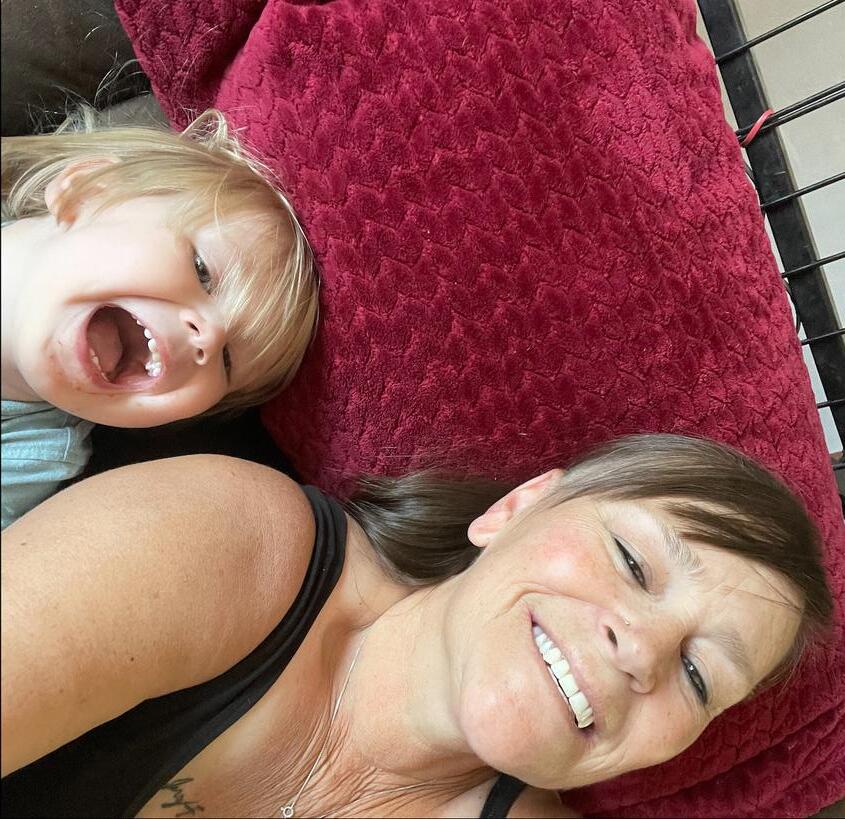
Did you know?
The majority of parents supported by Infant-Toddler Court Teams are affected by substance use disorders
Nearly three-quarters of parents needing treatment for their substance use disorder started within one week.

Shalonda worked 12-hour shifts, six days a week. She wasn’t able to get a childcare voucher and could not afford formal childcare With no other choices, she took the childcare available to her When her baby was injured in childcare, her children were removed from her home. Finally, connected with the Infant-Toddler Court Team, she was able to get the comprehensive support she needed. In Shalonda’s words:
"The Infant-Toddler Court Program helped with everything. They helped me with a job, credit, housing, childcare—what to do next. I needed things that were not short-term Band-Aids, but that could help my family long-term. I also had to go to therapy. My mother had died and I was grieving. I had been through domestic violence. All of their support helped heal me and make me a better mom. They helped me get a voucher and after-school care for my children. I went back to school and got a 4 0, got my certification as a Medical Assistant I was able to get a job that fits my kids' hours They helped me with food and clothes They even helped me learn how to ask for help. I faced my darkest moments so I could care for my kids. Even after the baby came back to me, the support system remained."

After a grueling journey navigating the system, Lindsay reflects on the gratitude she has for the judges, child welfare professionals, lawyers and resource family that supported her road to recovery and reunification with her son. It was not always easy dealing with substance use, mental health issues and the loss of her son’s relationship with his father due to his father's continued substance use. In Lindsay's words:
“There was a time when I was unable to parent my son, so every day I have with him is special. Even on the most difficult days, I can still find gratitude. We are so blessed. When it comes to my son, I am sometimes in disbelief at how much he has grown and conquered in his earliest years. He is emotionally intelligent, can articulate his feelings, and has overcome so many obstacles. He is quite the amazing little man. I never would have imagined I could be a sober, single parent, and here we are!
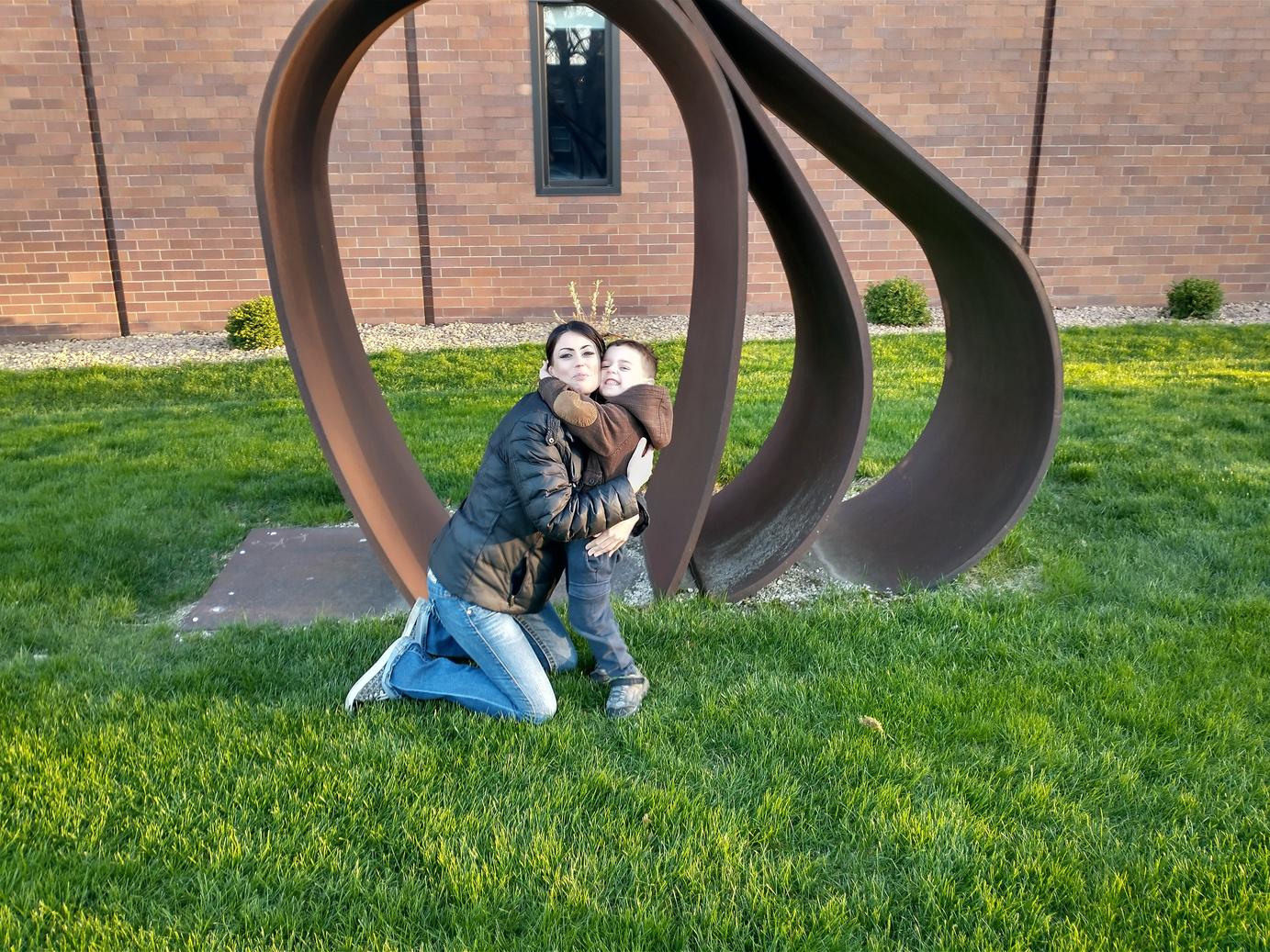
“Although there are many shortfalls in the system, it is changing, and that means it is saving lives like mine and my son's. I would encourage policymakers and Members of Congress to understand the importance of a trauma-responsive approach to addiction, as well as finding the means necessary to provide mental health services to all parents and children entering the child welfare system.”
Did you know?
Now serving as national on-staff Parent Leaders, Lindsay C., Crystal H., and Kimberly N. are leading activities for the National Advisory Group for Parents’ Voices, which is integral to informing every level of the work of Infant-Toddler Court Teams.
The National Advisory Group for Parents’ Voices includes parents from across the country, each with lived experience in child welfare, who are currently serving as peer mentors; informing policy, practice and systems change; supporting improvement efforts; building parent partner/peer mentor programs; supporting other parent leaders and advocating for parents nationwide.
 Lindsay C.
Parent Des Moines, IA
Lindsay C.
Parent Des Moines, IA
It’s time for Congress to transform child welfare policy and practice and ensure that babies at risk for or involved in the child welfare system have the support they need to thrive.




This storybook was developed by Think Babies™ . ZERO TO THREE created Think Babies to make the potential of every baby a national priority. When we Think Babies and invest in infants, toddlers, and their families, we ensure a strong future for us all. Learn more at thinkbabies.org.
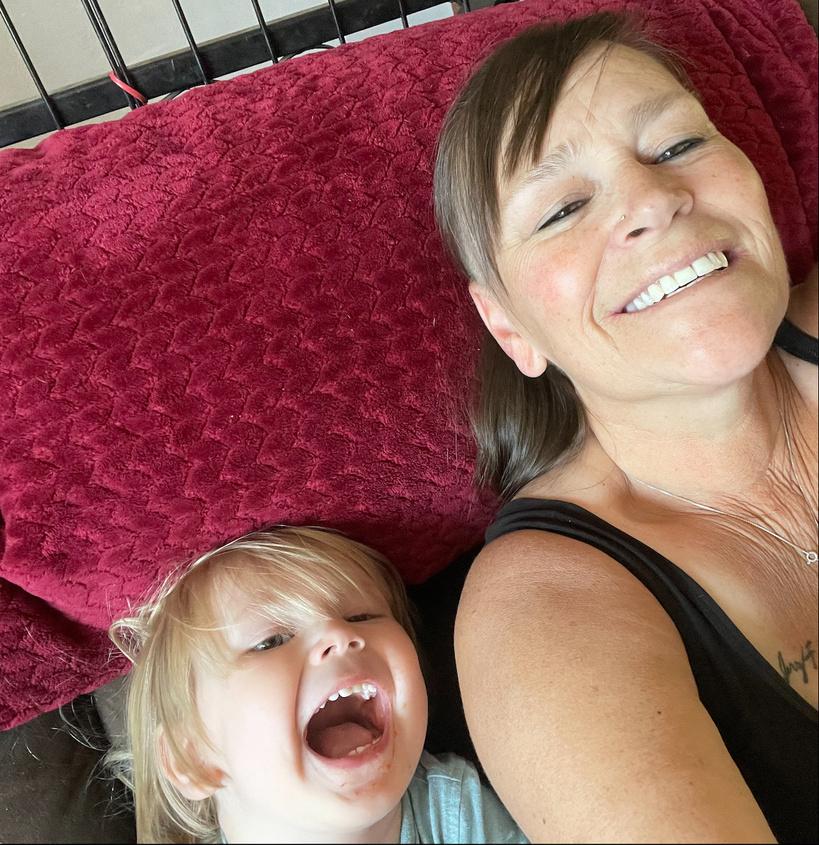
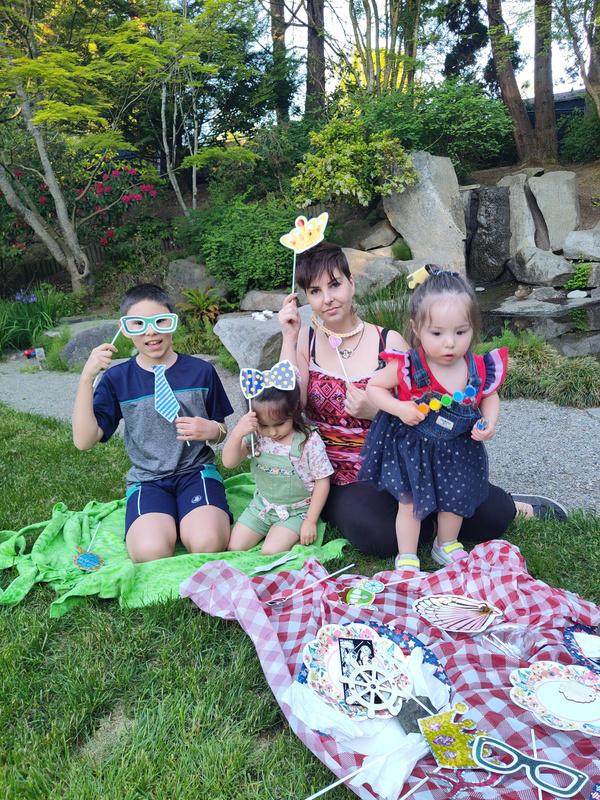
ZERO TO THREE works to ensure all infants and toddlers benefit from the family and community connections critical to their well-being and development. Since 1977, the organization has advanced the proven power of nurturing relationships by transforming the science of early childhood into helpful resources, practical tools, and responsive policies for millions of parents, professionals, and policymakers.
